The ecological impact of suburban living:
U.S. studies regarding the energy impact of population by location shows 55% of the energy consumed by a family living in a house in a suburban area is from travel. The figure drops to 26% for the same family living in the same house located in a neighborhood where work and key services can be accessed on foot or by public transportation.
So when you factor in the lifestyle of occupants, the 'functional' energy efficiency of a home comes from its location more than its design. It may seem counterintuitive, but living in a well-insulated suburban house with a solar water heater is less ‘green’ than living in a poorly insulated house on a good bus route.
Another problem related to unrestrained urban sprawl is the disappearance of good farm land and natural habitats. Cities large and small continue to expand outward into pristine wildernesses and rich farm lands.
In an age where we are seeing the beginning of global food shortages and unchecked deforestation, this is extremely dangerous and irreversible. Farms can be turned into parking lots, but not the other way around.
Some easy ways to reduce your impact:
1. Reduce the use of cars.
Can you get to work on foot, bike, or bus? If not, see about carpooling with neighbours. Any reduction in fuel consumption will save money and global resources.
EV's are quite common now, and car manufacturers and Governments are aware of resource and climate issues so hopefully we will see more functional sustainable and financially viable transit options in the near future - like the SEM-B Mobility system (see more here).
2. Community involvement.
The symbols of extravagance like big cars and big houses are seen less as impressive by younger generations, and instead sustainable, responsible lifestyle features are the new symbols of success. So green up your house and show it off.
This can be done by installing solar panels and a full retrofit, or simply by composting, growing your own food, and collecting rainwater. Small steps to reduce our impact add up when we encourage others to do so.
If you have no sun but your neighbour has a huge sunny lawn, offer to help turn it into a garden for half the yield. Less lawn to mow and free healthy food can be pretty enticing. And involve the local kids in your garden. Growing food is a skill that is lost to most urban dwellers, and it’s a skill our children may urgently need for in the century to come.
3. Energy efficient home upgrades.
Since your ecological footprints are so heavy residential areas, it is important to take steps to mitigate that as much as possible. All the information necessary to build a green home is available on this site, but in the meantime if you live in a conventional home, start by reading our simple household improvement tips.
4. Landscaping and urban farming.
At whatever level you think you can handle, try urban farming. Grow yourself something to eat in whatever space you have available, whether you have one tomato plant or a backyard chicken coop. There are many ground covers and plants that are attractive as well as edible, so decorate your yard with Kale, spinach and strawberries or whatever suits your taste.


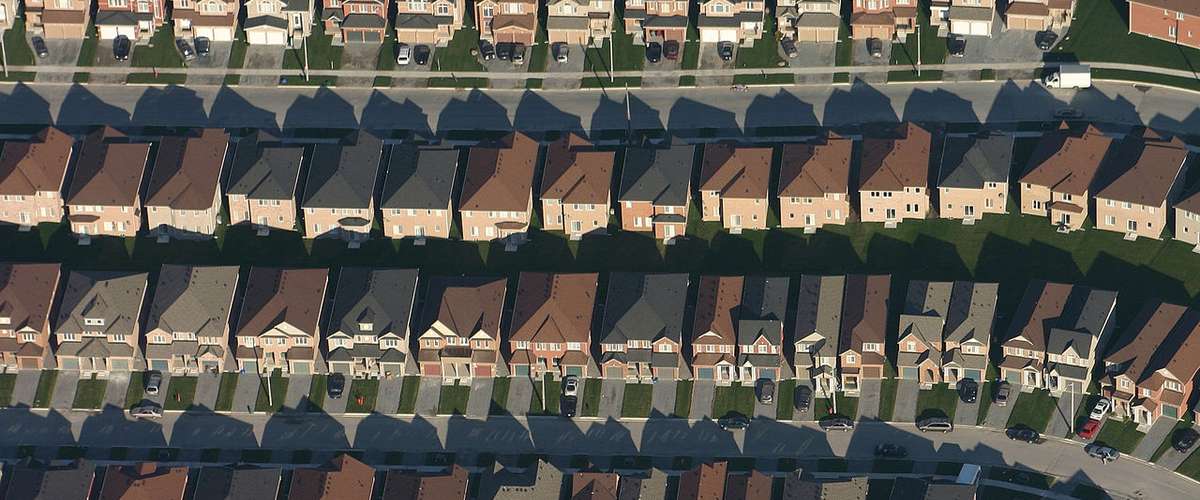
















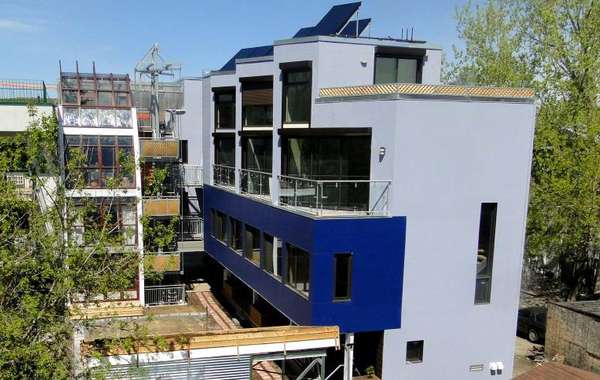
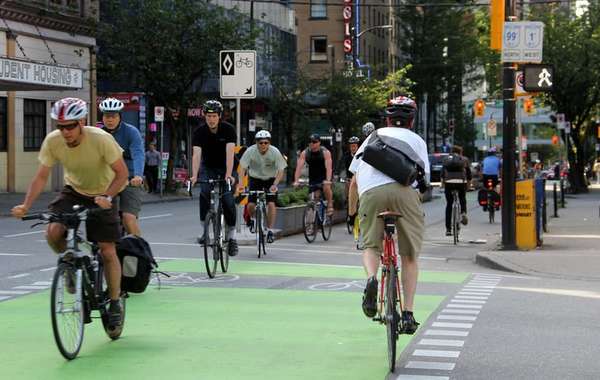


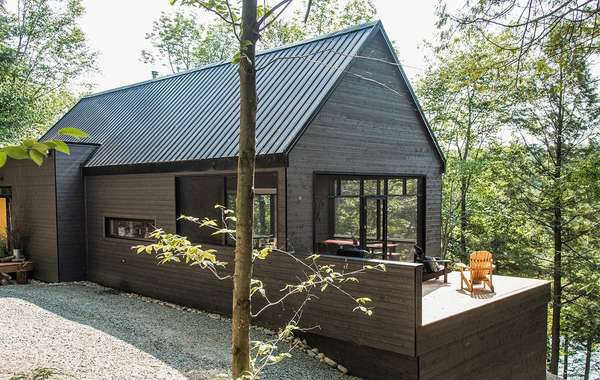
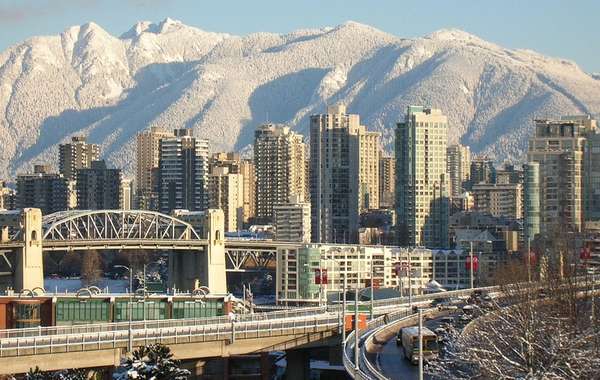
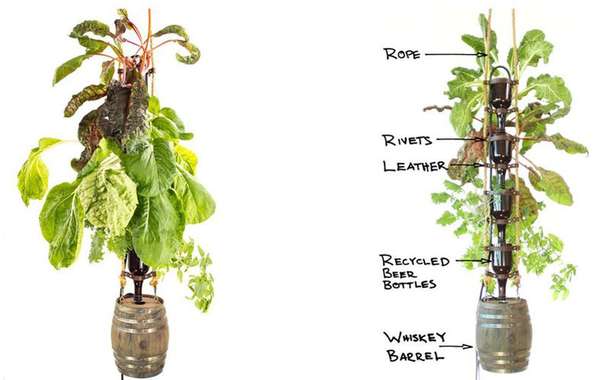
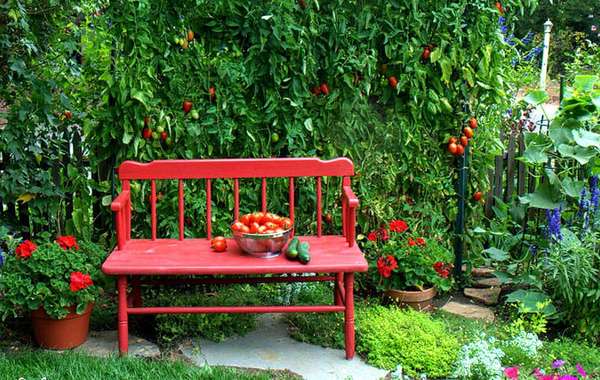
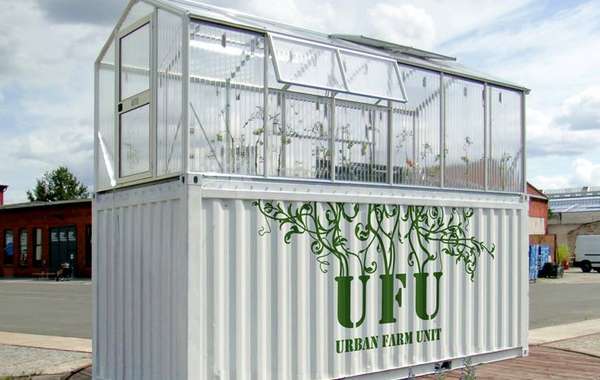

Comments (0)
Sign Up to Comment